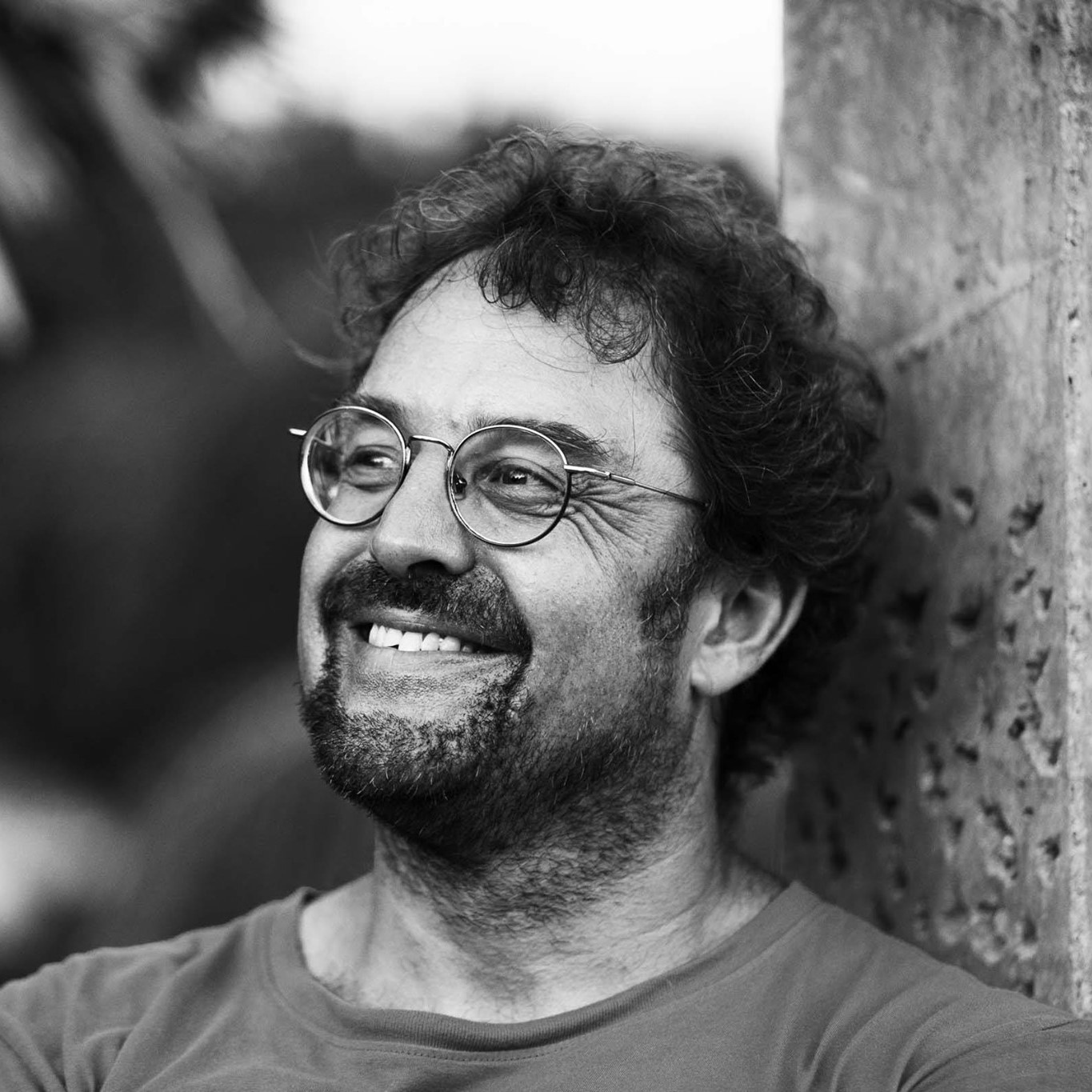It seems clear that the development and deployment of an artificial superintelligence, or ASI, would require tremendous energy requirements. Whether this poses an insurmountable barrier to the emergence of artificial general intelligence is discussed in "The Energy Challenges of Artificial Superintelligence", a talk by Klaus M. Stiefel of Silliman University and Neurolinx Research Institute. The talk is part of OFAI's 2023 Fall Lecture Series.
Members of the public are cordially invited to attend the talk in person (OFAI, Freyung 6/6/7, 1010 Vienna) or via Zoom on Wednesday, 13 December 2023 at 18:30 CET (UTC+1):
URL: https://us06web.zoom.us/j/84282442460?pwd=NHVhQnJXOVdZTWtNcWNRQllaQWFnQT09
Meeting ID: 842 8244 2460
Passcode: 678868
You can add this event to your calendar.
Talk abstract: We argue here that contemporary semiconductor computing technology poses a significant if not insurmountable barrier to the emergence of any artificial general intelligence system, let alone one anticipated by many to be “superintelligent”. This limit on artificial superintelligence (ASI) emerges from the energy requirements of a system that would be more intelligent but orders of magnitude less efficient in energy use than human brains. An ASI would have to supersede not only a single brain but a large population given the effects of collective behavior on the advancement of societies, further multiplying the energy requirement. A hypothetical ASI would likely consume orders of magnitude more energy than what is available in highly-industrialized nations. We estimate the energy use of ASI with an equation we term the “Erasi equation”, for the Energy Requirement for Artificial SuperIntelligence. Additional efficiency consequences will emerge from the current unfocussed and scattered developmental trajectory of AI research. Taken together, these arguments suggest that the emergence of an ASI is highly unlikely in the foreseeable future based on current computer architectures, primarily due to energy constraints, with biomimicry or other new technologies being possible solutions.
Speaker biography: Dr. Klaus M. Stiefel did his undergraduate studies at the University of Vienna, and his doctoral work at the Max Planck Institute for Brain Research in Frankfurt, Germany. He then spent time at the Salk Institute in La Jolla, CA, USA, at OIST in Okinawa, at the University of Western Sydney in Australia and is presently based at Silliman University in the Philippines. Klaus is interested in fish ecology & biodiversity and in computational neuroscience.
